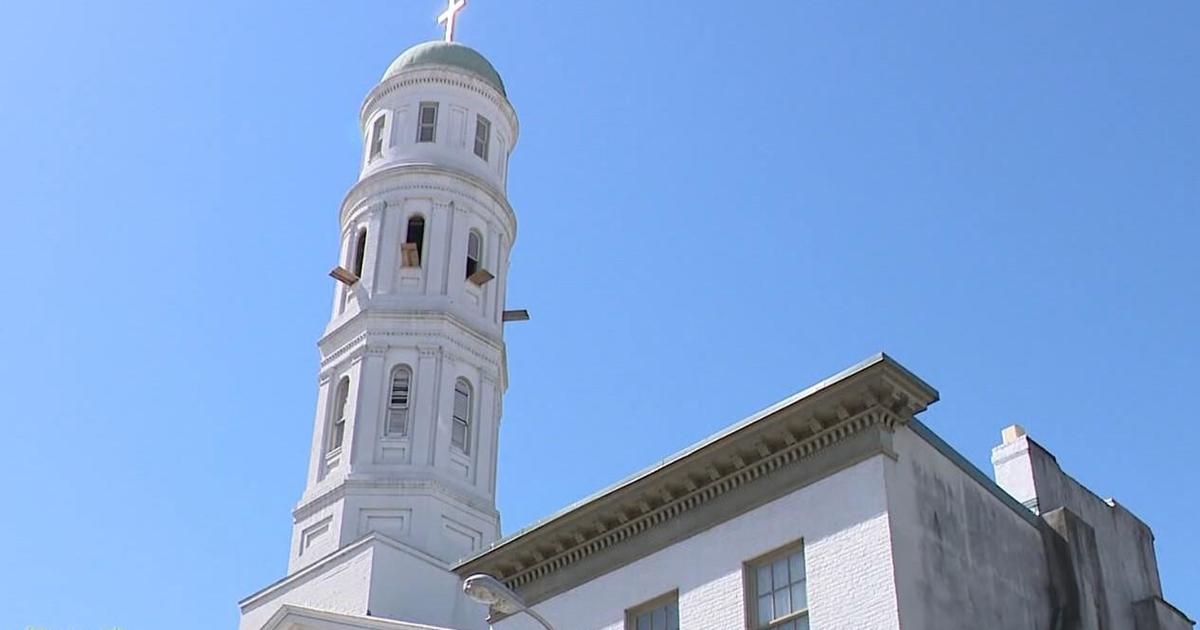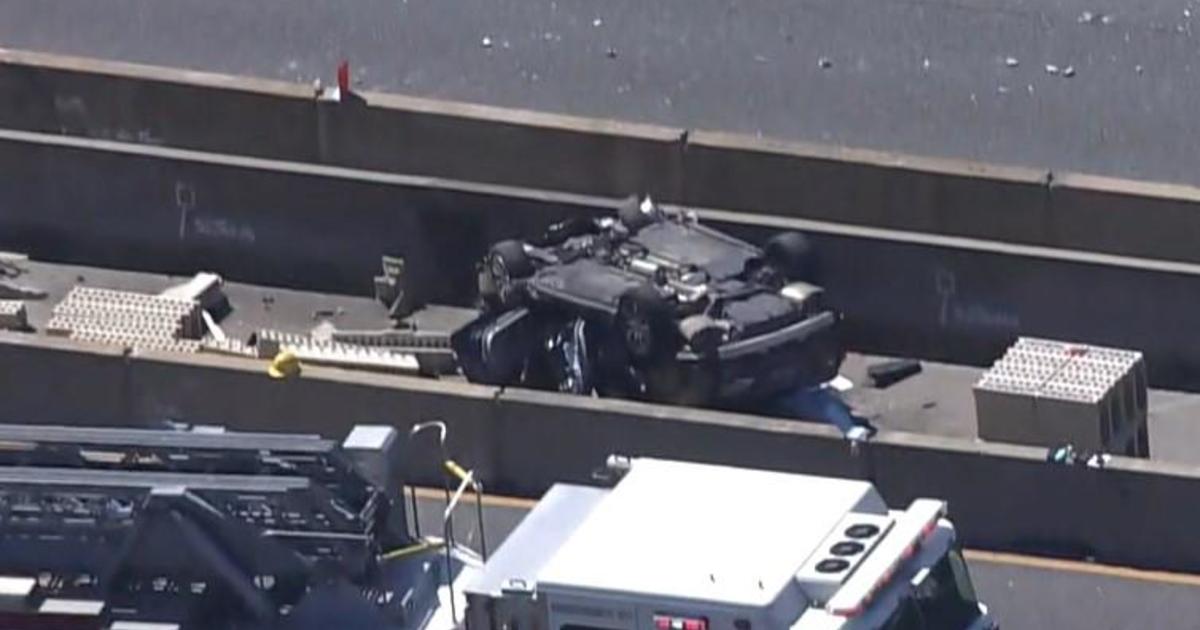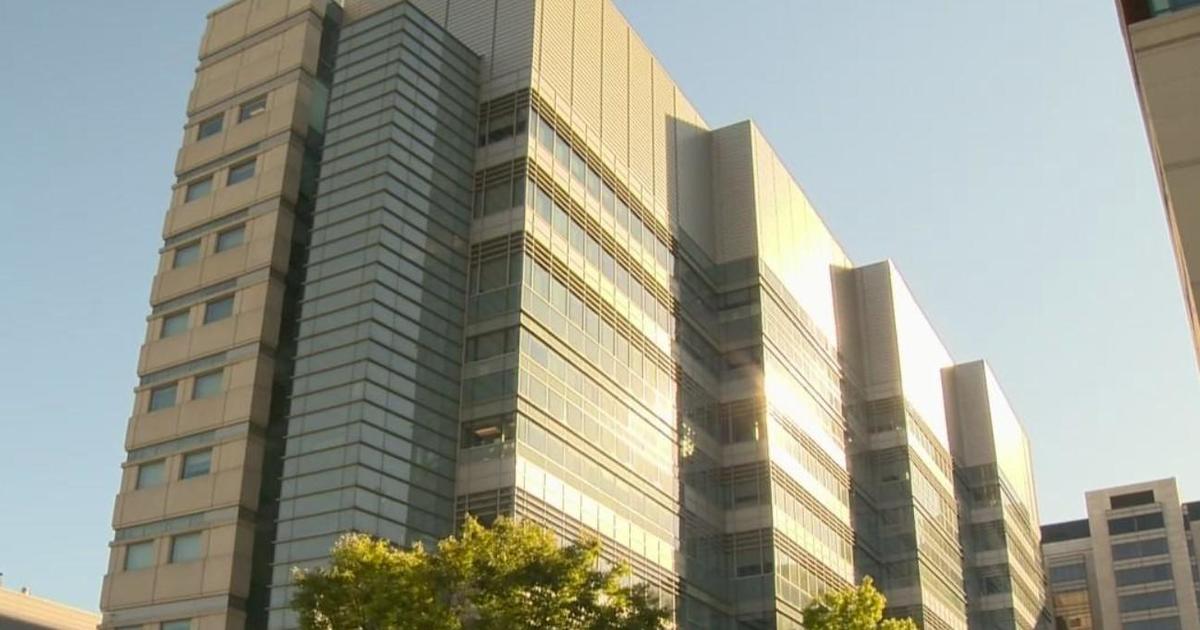Avoiding Lockdowns Means Doing Things That People Won't Necessarily Welcome, NIH Director Says
(CNN) -- To avoid lockdowns, people in the United States will have to do things that they won't necessarily want to do, such as wearing masks at indoor gatherings even if they're vaccinated and having kids mask up in schools, the director of the National Institutes of Health said Monday.
"We want to avoid lockdowns at all costs, but that means we're going to have to do some other things that won't necessarily be welcomed by people," Dr. Francis Collins said on ABC's "Good Morning America" when asked how he saw the fall playing out.
Those unwelcome things include vaccinated people wearing masks at indoor parties, Collins said, citing an outbreak in Massachusetts in which many of the infected people were fully vaccinated.
Also, children may need to wear masks in schools so that they're protected from being a source of spreading, something he acknowledged is "not popular with kids or parents."
"But if we want to avoid more severe outcome that might lead to more extreme measures like lockdowns, we know what to do, we just need to do it," he said. "And oh my goodness, it will be so good if we can have that conversation about the data and the evidence and the public health arguments and get politics out of it. Unfortunately, that's not where we are at the present time in the United States of America."
Vaccination rates rising with spread of Delta variant
A "silver lining" of the surge in Covid-19 cases caused by the Delta variant is that more Americans appear to be at the tipping point of understanding the importance of Covid-19 vaccinations, Collins said Sunday on CNN.
"People are waking up to this," he said. "That's what desperately needs to happen if we are going to get this Delta variant put back in its place, because right now it is having a pretty big party in the middle of the country."
In the past two weeks, daily case rates have gone up four-fold, Collins said. This increase comes as the Delta variant spreads and the percentage of vaccinated Americans hovers around 49.6%, according to the US Centers for Disease Control and Prevention. Hospitals are once again filling up with patients as the virus tears through the unvaccinated population.
Experts say the path to protect Americans and slow or stop the spread of the virus is clear: vaccinations. More than 99.99% of people fully vaccinated against Covid-19 have not had a breakthrough case resulting in hospitalization or death, according to the latest data from the CDC.
And though vaccination rates have slowed since the initial rush for inoculation as the pandemic once again worsens, the rates are climbing.
On Saturday, more than 816,000 doses of Covid-19 vaccine were administered across the US, marking the fifth straight day more than 700,000 shots in arms were recorded, according to the CDC. The current seven-day average of doses administered is 662,529 per day, the highest average since July 7.
Dr. Anthony Fauci, director of the National Institute of Allergy and Infectious Diseases, attributed the increase to two likely factors: trusted leaders coming out in support of vaccines and people seeing how much better vaccinated communities are faring against the virus, he told CBS on Sunday.
In Florida, where nearly 1 in 5 new Covid cases across the US are reported, chief clinical officer for AdventHealth Central Florida, Dr. Neil Finkler, said none of his patients thought they would get the virus.
"The Delta variant has proven to be so highly contagious that even the young and the healthy, including pregnant patients, are now starting to fill up our hospitals," said Finkler.
The race to get people vaccinated
Despite the rising number of Covid-19 cases, Fauci believes there is enough community protection to prevent the country from having to implement lockdown measures again, he told ABC on Sunday.
"I think we have enough of the percentage of people in the country, not enough to crush the outbreak, but I believe enough to not allow us to get into the situation we were in last winter," he said.
But things are still likely to get worse for the unvaccinated, Fauci warned.
"We're looking to some pain and suffering in the future because we're seeing cases go up," he told ABC.
And while the unvaccinated will likely experience the brunt of this pain and suffering, Fauci noted the choices of the unvaccinated impact the overall community situation.
"When you have unvaccinated people getting infected, you're propagating the dynamics of the outbreak, which ultimately impacts everybody from the standpoint of having to wear masks, from the standpoint of the safety of kids in schools, from the standpoint of being able to open up everything the way we were when we were normal," he said.
To address the overall impacts, many officials have been increasing vaccination efforts in undervaccinated communities.
Ohio Governor Mike DeWine said Sunday his state is seeing "a significant increase" in vaccination rates, particularly in rural areas.
"I think ... fear of the Delta variant is certainly one of the causes," DeWine told CNN on Sunday.
Ohio is now focusing outreach efforts to the "undervaccinated" Medicaid population through incentives like $100 cash awards for getting the shot, DeWine said.
The state's "Vax-a-Million" lottery program also played a major role in reversing a downward trend in vacation rates, he said.
"We think well over 100,000 extra people were vaccinated, at a minimum, because of that," DeWine said. "It was very, very successful. It was something that worked and, you know, we are glad we did it."
Despite the state's progress on vaccinations, "We have room to grow," DeWine said.
Hospitals overwhelmed with patients
The surge of Covid-19 patients in hospitals could have an impact on others who need medical care, doctors said.
In Austin, Texas, "our ICU capacity is reaching a critical point where the level of risk to the entire community has significantly increased, and not just to those who are needing treatment for COVID," Austin-Travis County Health Authority Dr. Desmar Walkes said in a statement.
"If we fail to come together as a community now, we jeopardize the lives of loved ones who might need critical care."
In Mississippi, Covid-19 hospitalizations have increased significantly -- including among younger patients, State Health Officer Dr. Thomas Dobbs said. All 88 beds in the University of Mississippi Medical Center's intensive care unit had filled up by Friday, according to data from the state's health department.
And in Louisiana, "we're becoming victims of the unvaccinated," said Dr. Christopher Thomas, a critical care physician at Our Lady of the Lake Regional Medical Center in Baton Rouge.
"We currently are overwhelming our bed capacity. We're creating burnout for our teams. And honestly, we're beginning to impact the rest of the health care for the community."
At the Louisiana hospital, 97% of Covid-19 patients in the ICU were unvaccinated, Thomas said. As of Friday, the average age of Covid-19 patients in the ICU was 48.
"That means there are children -- with parents -- who are now in the hospital," he said.
The-CNN-Wire
™ & © 2021 Cable News Network, Inc., a WarnerMedia Company. All rights reserved.



